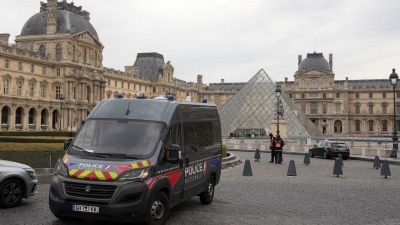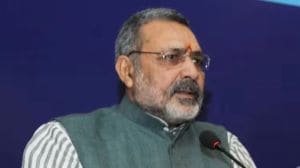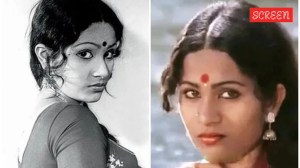New Delhi, Madhubani, Florida
Every Sunday evening, Mohammad Yunus Siddiqui, 57, in his humdrum Type III government quarters on the busy Baba Kharak Singh Marg, makes two...

Every Sunday evening, Mohammad Yunus Siddiqui, 57, in his humdrum Type III government quarters on the busy Baba Kharak Singh Marg, makes two long-distance connections. The first, crackling with static on a seldom clear line, is redolent with nostalgia as he reaches out to his 80-year-old mother in a remote north Bihar village, an illiterate woman of ‘‘great vision and uncanny common sense,’’ who Siddiqui insists ‘‘made me what I am.’’
The second is a lot quicker and smoother. He clicks onto the Internet on his sleek new laptop and conveys anecdotes and advice, photographs and jokes to his elder son Yusuf who teaches biotechnology (“his specialisation is obesity”) at the University of Florida.
‘‘Look at the difference,” says his wife Shabana. ‘‘My son literally lives across the seven seas (saath samundar paar) and yet it takes me less than a minute to connect. And his mother lives in the same country and yet he finds it so difficult to talk to her—the phone line in the village rarely works and with the recent floods, it has broken down altogether.’’
But no, Shabana’s complaint notwithstanding, this isn’t a story about the sorry state of India’s infrastructure ‘‘even 57 years after Independence.’’ It is a story of India and Siddiqui and their intertwined destinies—both born in the same year, straddling the same cusp of nostalgia and hope, of conflict and conciliation, no longer young but a long way from being old.
The story, as stories go, is not new. Salman Rushdie, after all, won the Booker of Bookers telling the tale of Saleem Sinai—that most famous midnight’s child—a long time ago. But that was fiction. Siddiqui is no Sinai.
A year to go before retirement, Siddiqui—currently director, PR, Ministry of Railways—still has a faint regret that he did not make it to the IAS and had to settle for Group B in the Indian Information Service. Promoted to Group A over time, the affable government babu has no trace of the inverse snobbery of a self-made man. But then, he has no childhood memory of prejudice, no recollection of ever being made to feel any different—he born in a Muslim family in the year not just of Independence —from the “Maithil Brahmins” who were his friends in Piprahi village.
That his father belonged to the “landed gentry” helped. “My father and uncles were offered land in East Pakistan but they said why should we go to a strange country when our home is here,” says Siddiqui. Class, at least in north Bihar, prevailed over religion, and the landed bonded together.
Siddiqui did go to the madarsa to learn Urdu and Arabic but Maithili remains his mother tongue, English his chosen vehicle for “enlightenment.” He did his BA in English in Mithila College, Darbhanga and an MA from Ranchi University. Then the trek to Delhi to compete for the IAS, and his first brush with prejudice. ‘‘No Punjabi landlord would give me room—it was the first time that I was conscious of being a Muslim.’’
But Siddiqui bears no bitterness. ‘‘In the Sixties, the Sikhs still bore the scars of Partition. But after 1984, it all changed. Now Sikhs regard Muslims as their friends. Guru Harkishan Public School and Christian schools readily admit Muslims today.’’ But there is a new divide that he doesn’t like to talk about easily. Yes, he admits hesitantly, the reverberations of December 6, 1992 affected him too. And the “politics of hate” leave him with feelings of “frustration and insecurity.”
But he would much rather talk about his elder son Yusuf in Florida, his younger son Faezal, a web designer at a British firm in Gurgaon, who too will soon join his brother in America. ‘‘I wanted Faezal to fulfill the dream I could not and join the IAS. But he said government jobs make one a dullard…’’ Siddiqui says.
Will he also emigrate one day? “Never,” he says, echoing his father’s words 57 years ago. Yusuf changed three planes to reach Gainsville, Florida, Siddiqui recalls, marvelling at his son’s achievements. But his own journey from Piprahi to Delhi—a journey made by countless other Indians across the land since 1947—has been no less remarkable.



- 01
- 02
- 03
- 04
- 05




























